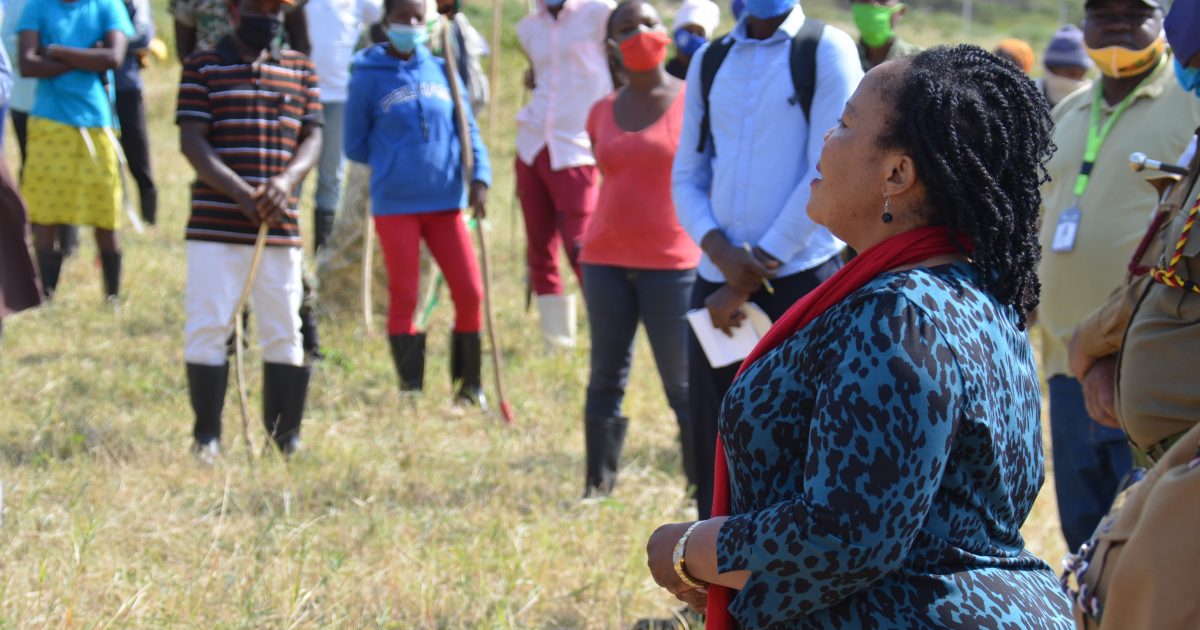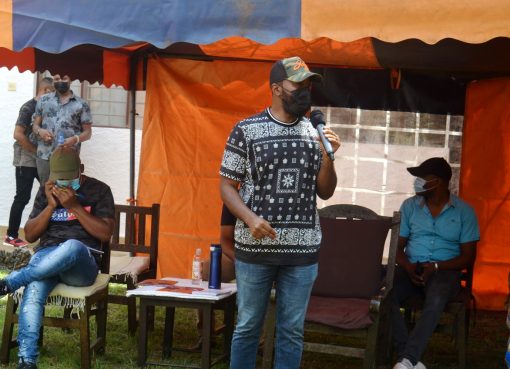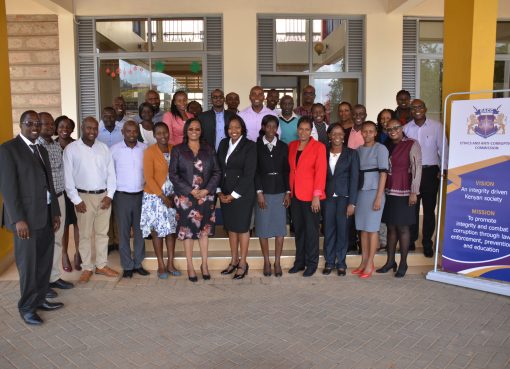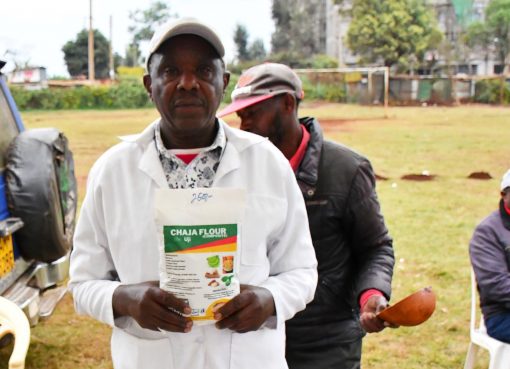
Over 6,000 rural households in the Challa region at the Kenya-Tanzania border in Taveta are set to benefit from the Sh.67 million Lake Challa Integrated Irrigation Project implemented by the government to bolster food security and entice the youth in Taita-Taveta County to venture into agri-business.
The Principal Secretary (PS), State Department for Regional and Northern Corridor Development in the Ministry of East African Community, Dr. Margaret Mwakima said the multi-million shilling project would give thousands of families around Lake Challa access to clean water and empower households to engage in market-oriented farming to improve their household incomes through engaging in agri-business.
The PS was speaking in Mwatate on Tuesday during the County launch of Kazi Mtaani program at Kenyatta National School where 3,100 youth were enrolled.
“Challa Irrigation project will give you what you need to exploit the massive farming potential that lies untapped. With focus, we can increase exponentially what we produce and empower farmers to earn a decent living,” she said.
The Integrated Irrigation Project, a flagship project for the government under Coast Development Authority, would serve farmers in the wider Challa, Njukini and Kasokoni areas through provision of clean water for domestic use, for livestock and irrigation.
Lake Challa is a fresh-water marine resource that straddles the Kenya-Tanzania border. This strategic resource has for decades remained underutilized and only served a dozen local residents who engage in small-scale subsistence fishing activities.
Once complete, the integrated project is primed to transform the fortunes of farmers in this dry area that is characterised by famine, dry thickets and perennial dust. The project is 75 percent done and is expected to be complete by September this year.
Already, a borehole had been drilled and a 50,000 cubic meter tank installed in readiness to supply water. To avoid burdening farmers with high power bills, the water-distribution systems will utilize eco-friendly solar-powered pumps. Additionally, there are three water kiosks each with a 10,000-liter tank to serve residents in far-flung areas where the piping network is yet to be installed.
The project has also looped in the 145-acre Kasokoni Water Project, which serves hundreds of farmers engaged in commercial farming.
Patrick Meja, a resident of Challa, said the once-dry area would be transformed into a green paradise with the availability of water. He predicted that hundreds of youth who had migrated to towns in search of jobs would troop back to take up farming.
“Our major challenge was water. We have Lake Challa here but were helpless to use it. With this initiative, our sons and daughters will come back to take up farm jobs,” he said.
The PS stated that the government is committed to providing an enabling environment for Kenyans to engage in various business activities, including farming and trading, pointing out that the extensive network of irrigation systems in Challa would entice youth to go into farming.
This irrigation project is projected to offer a lasting solution for perennial water woes for thousands of homesteads around Lake Challa. There have been some efforts in the past to hydrate the dry larger Challa region with National Irrigation (NIB) putting up Sh.14 million Madulu Water Pan which was rendered unusable after heavy siltation.
Dr. Mwakima said her department had identified other strategic resources in Taita-Taveta that would be rehabilitated to enable the region realize its full potential.
Amongst the projects identified include rehabilitation of Dembwa Dam in Mwatate at a cost of eight million shillings; desilting of Mwasingia and Ngirinyi Dams in Wundanyi at a cost of four million and seven million shillings respectively.
By Wagema Mwangi





